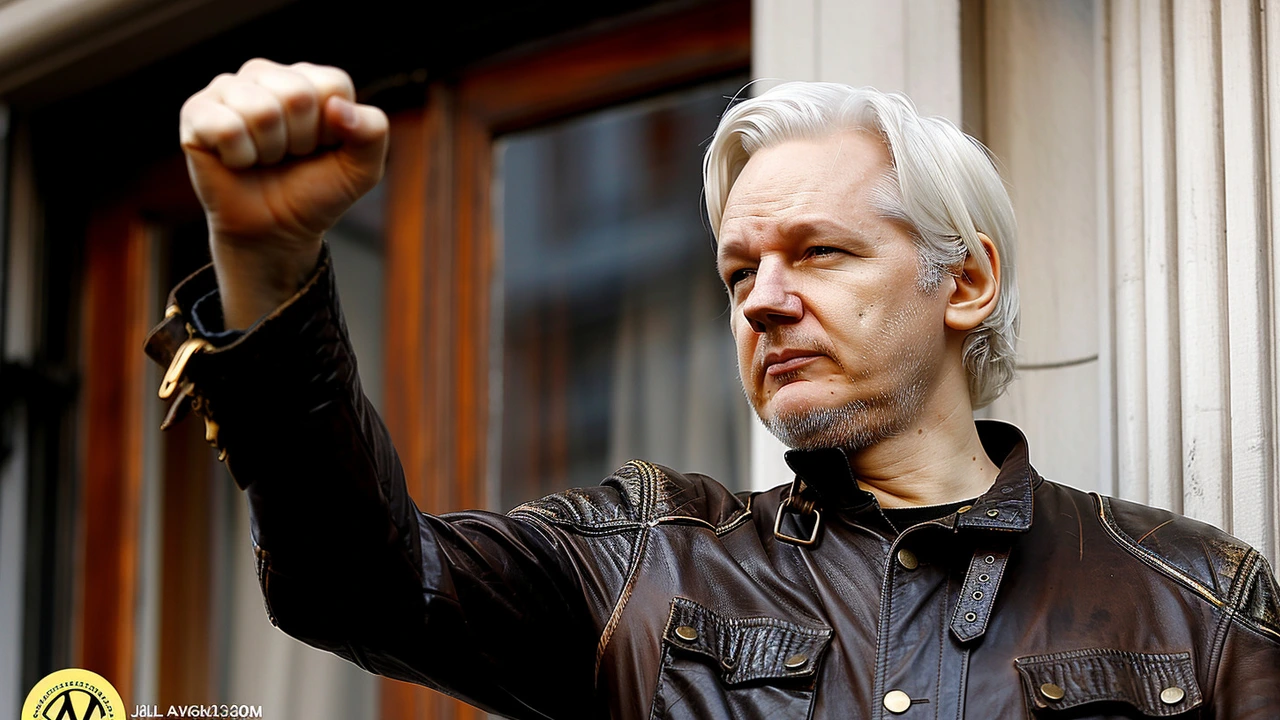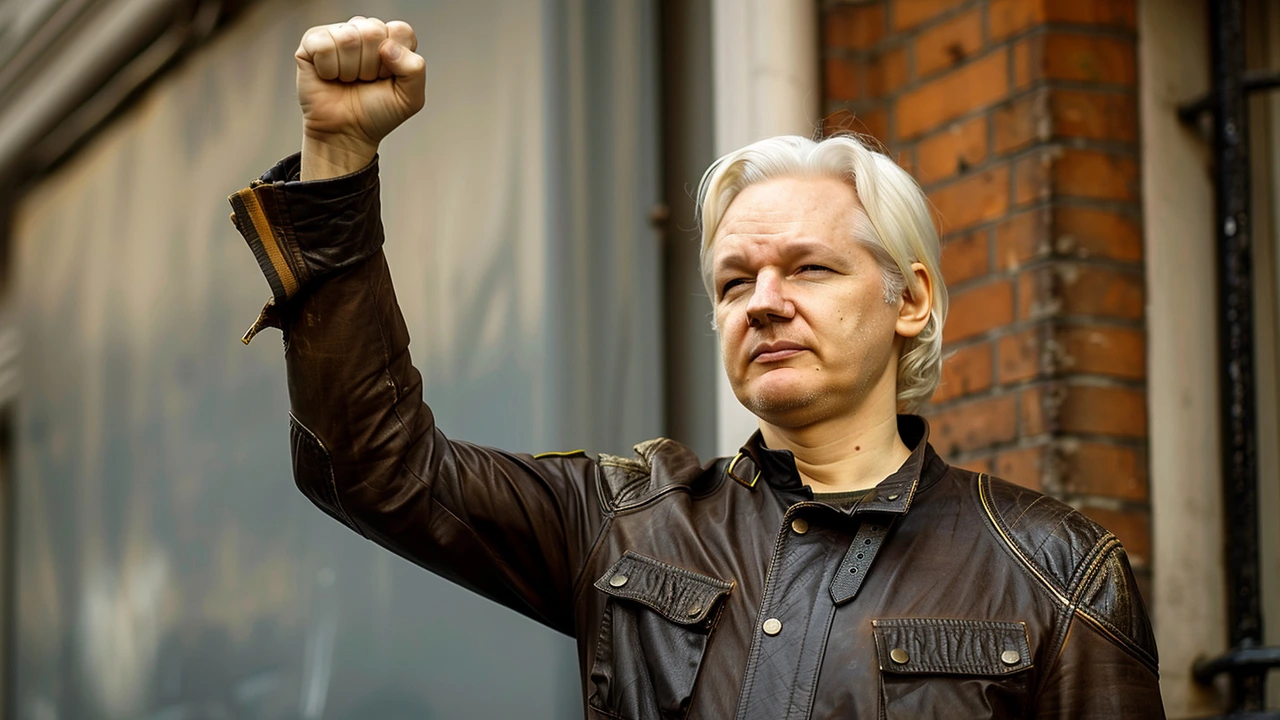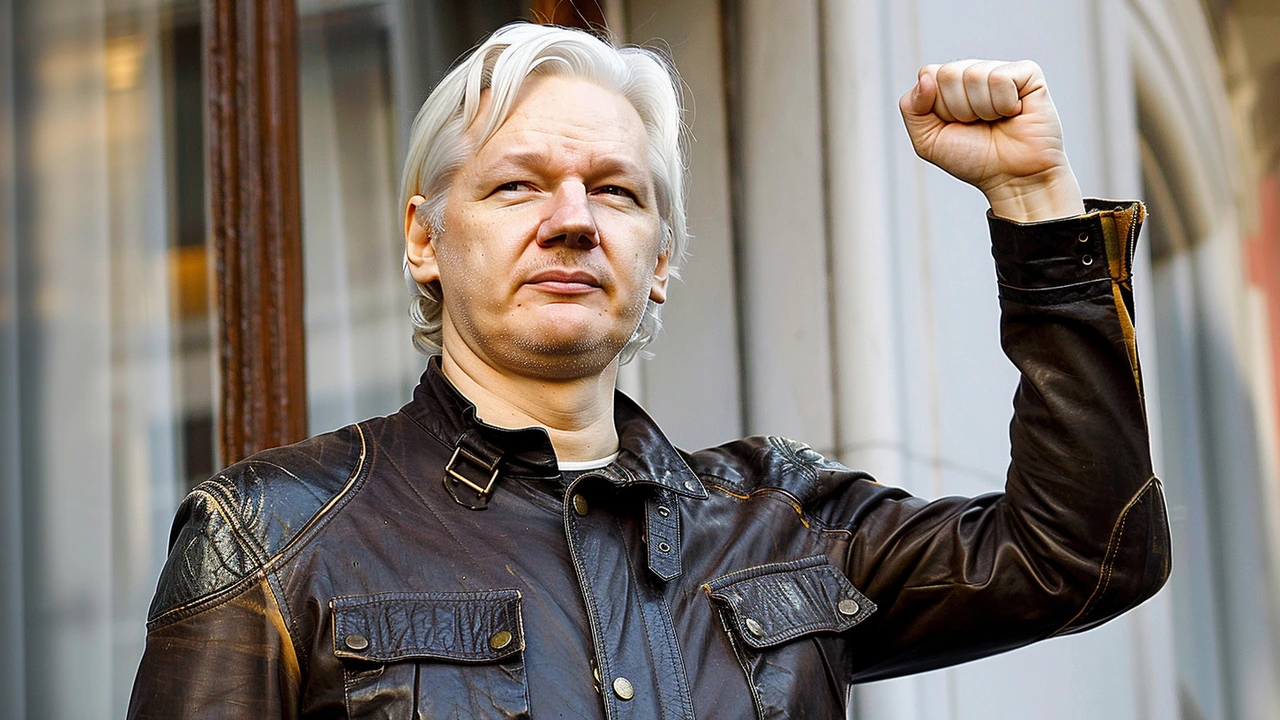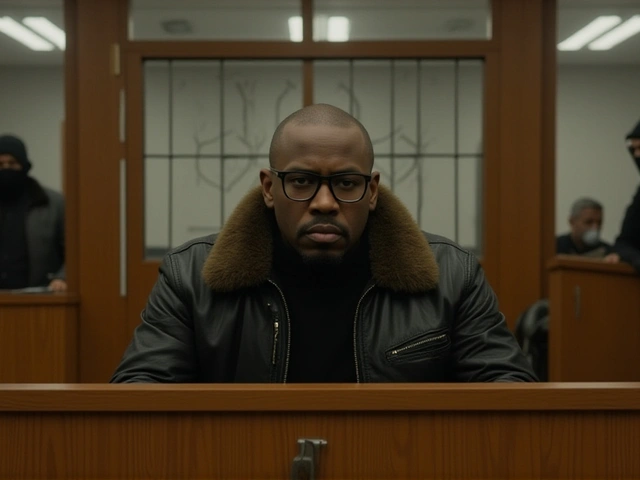The Early Life of Julian Assange
Julian Assange was born in 1971 in Townsville, Queensland, Australia, to parents involved in the theater industry. This creative environment perhaps laid the initial groundwork for his later pursuits in seeking the truth. By his teenage years, Assange cultivated a remarkable talent for computer programming, a skill that would both elevate and complicate his life in years to come. In 1995, Assange encountered his first major brush with the law. At just 24, he was fined for computer hacking but managed to avoid imprisonment on the condition that he refrain from further illegal activities. This early legal struggle seemed to foreshadow the more significant battles that lay ahead.
The Birth of WikiLeaks
Fast forward to 2006, Julian Assange founded WikiLeaks, an internet-based platform designed to publish classified or sensitive information. This was a revolutionary concept at the time. WikiLeaks quickly became a repository for whistleblowers keen on exposing governmental and institutional malfeasance. The platform's mission was clear: to shine a light on the corridors of power, where the shadows of secrecy and corruption often reside. In April 2010, WikiLeaks released a now-infamous video showing a US military helicopter killing civilians in Iraq. This video, aptly named 'Collateral Murder,' heightened the platform's influence and notoriety. Just a few months later, WikiLeaks released over 91,000 secret U.S. military reports detailing the Afghanistan war. These publications firmly placed WikiLeaks, and Assange, at the center of global attention.
Legal Turmoil in Sweden
However, Julian Assange's life took a dramatic turn in August 2010, when Swedish prosecutors issued an arrest warrant for Assange on allegations of rape and molestation. The warrant was initially withdrawn due to insufficient evidence, only to be reopened in September 2010. Assange, however, didn't wait for legal proceedings to unfold in Sweden. He left the country for the United Kingdom, where he was arrested in November 2010 but subsequently released on bail. In 2011, a British court ruled that Assange should be extradited to Sweden to face the charges. Unwilling to comply and fearing further extradition to the United States, Assange sought and was granted asylum in the Ecuadorian embassy in London in June 2012.

Life in Exile: Ecuador’s Embassy
For nearly seven years, Julian Assange lived confined within the walls of Ecuador's London embassy. His asylum was granted on grounds of political persecution. These years were fraught with legal wrangling, diplomatic tension, and growing speculation about his future. During this period, he continued to lead WikiLeaks, releasing more sensitive documents that perturbed several governments. However, Assange’s safety inside the embassy was not to last indefinitely. In April 2019, following a change in Ecuador's political leadership, Ecuador revoked Assange's asylum, leading to his immediate arrest by British authorities. Assange was subsequently sentenced to 50 weeks in prison for skipping bail back in 2012.
The Quest for Extradition
Julian Assange's legal struggles intensified post-arrest. Swedish prosecutors reopened their investigation into the initial allegations and sought his extradition. Simultaneously, the U.S. Department of Justice pursued Assange for his role in leaking classified documents, formally requesting his extradition in June 2019. The stakes could not have been higher. If extradited to the U.S., Assange faced charges under the Espionage Act, carrying the possibility of life imprisonment. Arguments for extradition centered around the claim that Assange endangered lives by releasing classified information. Opponents argued that his actions were protected under the principles of journalism and free speech.
Legal Victory and Remaining Questions
After a protracted legal battle, Julian Assange eventually won his fight against extradition to the United States. The British court ruled against the extradition request, largely on humanitarian grounds, taking into account Assange's mental health and the conditions he might face in the U.S. legal prison system. However, his victory did not necessarily translate into freedom. The threat of detention and potential other legal challenges lingered. While Julian Assange remains a polarizing figure, his journey has ignited a vital conversation about the balance between government transparency and national security. Whether seen as a hero for revealing hidden truths or as a criminal for compromising classified information, Assange's story is a compelling narrative of our times.

The Ongoing Debate on Transparency and Security
Julian Assange’s saga raises existential questions about the role of transparency in a democratic society. His actions through WikiLeaks have exposed war crimes, corruption, and controversies that might have remained hidden from public scrutiny. For many, he symbolizes the ultimate whistleblower, a modern-day digital-age Robin Hood. However, his detractors argue that transparency should not come at the cost of national security. They contend that the mass release of unredacted documents can endanger lives, compromise military operations, and strain international relations.
The Future of WikiLeaks and Assange’s Legacy
As Assange’s personal saga continues to unfold, the legacy of WikiLeaks remains complex. The platform stands as a pioneering effort in digital whistleblowing, inspiring both technological advancements in information sharing and new legal standards for handling classified information. With technology constantly evolving, the methods and implications of leaking classified information are also subject to change. What remains constant is the ethical issue of whether absolute transparency in government affairs outweighs the risks involved in such openness. Assange’s life story is far from over, and its ultimate impact on journalism, law, and global politics will likely be debated for decades.







Carolette Wright June 27, 2024
man i just can't get over how much he's been through. one minute he's a hacker, next he's got a whole embassy as his apartment. i mean, what even is life anymore?
Beverley Fisher June 28, 2024
i'm so tired of people calling him a hero or a criminal. he's just a guy who got caught in a machine way bigger than him. i feel bad for him, honestly.
Anita Aikhionbare June 29, 2024
you people act like he's some kind of saint, but this guy broke laws everywhere he went. why are we romanticizing someone who put soldiers' lives at risk? this isn't journalism, it's chaos.
Mark Burns June 30, 2024
so let me get this straight - he hides in an embassy for 7 years, gets arrested for skipping bail, then somehow wins against the entire US government? this is the plot of a Netflix show i'd binge in one weekend.
jen barratt July 1, 2024
what's wild is how this story forces us to ask: who gets to decide what's secret and what's public? if governments can hide everything, then democracy becomes a performance. but if we leak everything, we risk real harm. there's no clean answer here - just messy, human consequences.
assange didn't solve this, but he made us stare at it. and that's more than most of us will ever do.
Evelyn Djuwidja July 1, 2024
the notion that leaking classified documents constitutes 'journalism' is a dangerous delusion. journalism requires verification, context, and responsibility. what wikileaks did was reckless, irresponsible, and potentially treasonous. the fact that he's being portrayed as a martyr is a reflection of how far we've fallen.
Alex Braha Stoll July 3, 2024
so the guy who exposed war crimes gets locked up, but the people who ordered those crimes? still sipping coffee in dc. yeah, the system's real fair.